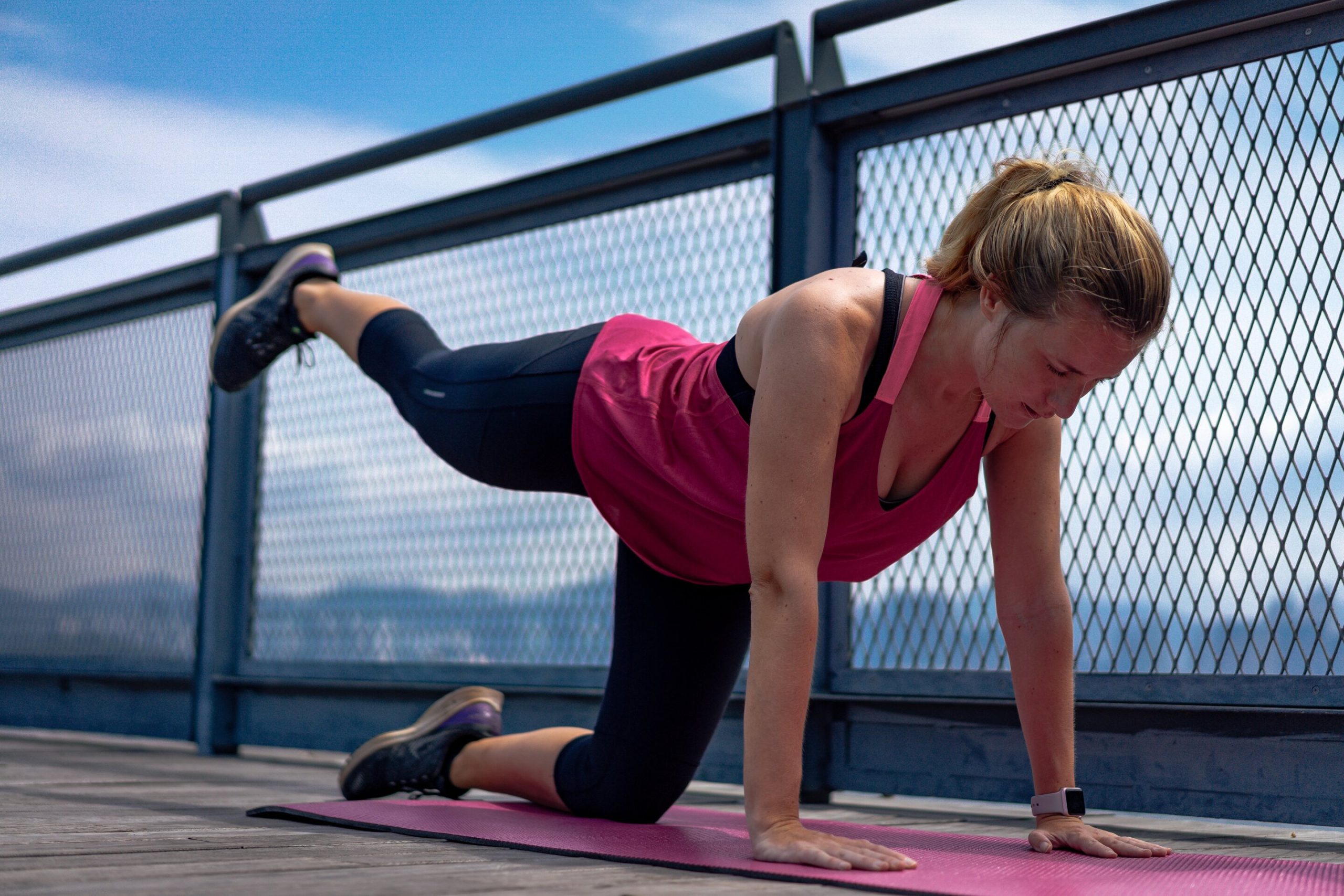
Exercise-only programs help cut the severity of the ‘baby blues’ and the risk of major clinical depression in new mothers, finds a pooled data analysis of the available evidence, published in the British Journal of Sports Medicine.
But at least 80 weekly minutes of moderate intensity exercise, such as brisk walking, water aerobics, stationary cycling, and resistance training with bands, weights, or body weight are needed to achieve the effects, the findings show.
Maternal depression and anxiety are relatively common after giving birth and associated with reduced self-care and compromised infant caregiving and bonding, which can in turn affect the child’s cognitive, emotional, and social development, explain the researchers.
Conventional treatments for depression and anxiety in the first weeks and months after giving birth mostly involve drugs and counseling, which are often associated with, respectively, side effects and poor adherence, and lack of timely access and expense.
Previously published research suggests that physical activity is an effective and affordable treatment for depression/anxiety, in general, but it’s not known whether it can reduce the severity of the ‘baby blues’ in the first few weeks after giving birth or lower the risk of major postpartum depression several months later, say the researchers.
To shed further light on this and inform future guidelines, the researchers looked for relevant studies published up to January 2024 that compared various interventions, including nothing, education, and standard care with exercise to treat depression and anxiety, 12 weeks after, and within the first 12 months of, giving birth.
In all, 35 unique studies out of an initial haul of 1,152 (26 randomized controlled trials and nine non-randomized interventions), involving 4,072 participants from 14 countries, were included in the systematic review.
The frequency of exercise interventions ranged from one to five days a week, lasting anything from 15 up to 90 minutes a session. They included aerobic exercise, strength training, stretching, yoga as well as combinations of these.
Pooled data analysis of the study results showed that compared with no exercise, exercise-only interventions were associated with less severe symptoms of depression and anxiety after giving birth and an almost halving in the odds (45%) of developing major postpartum depression.
Starting the intervention before 12 weeks had elapsed after giving birth was associated with a greater reduction in depressive symptoms than starting it later.
And the greater the exercise volume the greater was the reduction in the severity of depressive symptoms. But the minimum threshold required for achieving a moderate reduction in symptom severity was clocking up at least 80 weekly minutes of moderate intensity exercise, on at least four days of the week.
The researchers note the considerable variability among the tools used to assess depression and anxiety outcomes in the included studies, and the fact that most of them were carried out in high income countries. Depression and anxiety can also occur together, and it’s not clear how exercise affects this combination, they add.
But they conclude, “Overall, postpartum exercise reduced the severity of depressive and anxiety symptoms and the odds of postpartum depression,” and starting it within the first three months after giving birth “has the potential to significantly improve postpartum mental health.”
They add, “These findings can be applied to encourage alternative, safe, accessible and inexpensive postpartum mental health treatment options involving exercise and to integrate exercise into evidence-based guidelines to promote postpartum health.”
More information:
Andy Deprato et al, Impact of postpartum physical activity on maternal depression and anxiety: a systematic review and meta-analysis, British Journal of Sports Medicine (2024). DOI: 10.1136/bjsports-2024-108478
Citation:
Data suggest exercise programs help cut ‘baby blues’ severity and major depression risk (2024, November 8)
retrieved 8 November 2024
from https://medicalxpress.com/news/2024-11-baby-blues-severity-major-depression.html
This document is subject to copyright. Apart from any fair dealing for the purpose of private study or research, no
part may be reproduced without the written permission. The content is provided for information purposes only.


